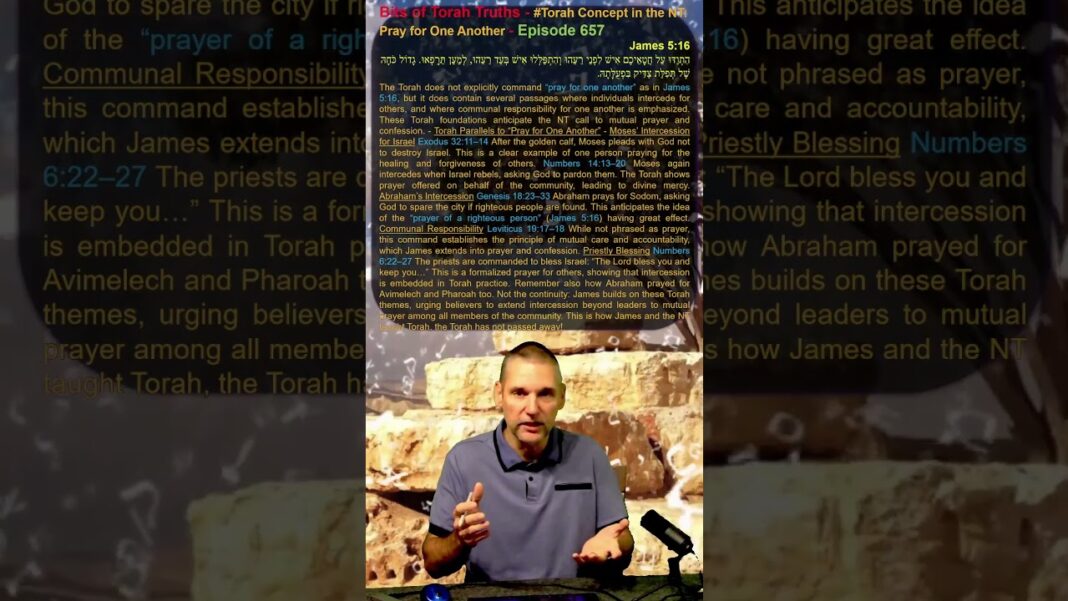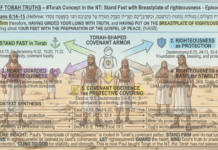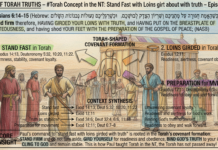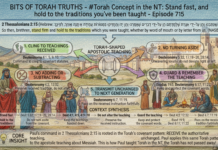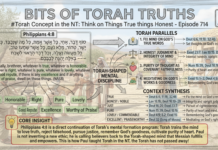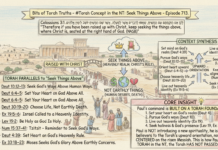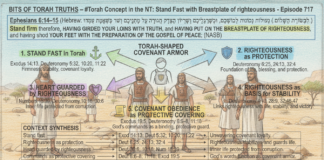Bits of Torah Truths – #Torah Concept in the NT: Pray for One Another – Episode 657
James 5:16
הִתְוַדּוּ עַל חֲטָאֵיכֶם אִישׁ לִפְנֵי רֵעֵהוּ וְהִתְפַּלְּלוּ אִישׁ בְּעַד רֵעֵהוּ, לְמַעַן תֵּרָפְאוּ. גָדוֹל כֹּחָהּ שֶׁל תְּפִלַּת צַדִּיק בִּפְעֻלָּתָהּ.
#torah#torahwisdom#torahtruth#torahforlife#torah4you#torahtruth
James 5:16
5:16 Therefore, confess your sins to one another, and pray for one another so that you may be healed. The effective prayer of a righteous man can accomplish much. (NASB)
https://www.matsati.com/index.php/category/bits-of-torah-truths/
The Torah does not explicitly command “pray for one another” as in James 5:16, but it does contain several passages where individuals intercede for others, and where communal responsibility for one another is emphasized. These Torah foundations anticipate the NT call to mutual prayer and confession. – Torah Parallels to “Pray for One Another” – Moses’ Intercession for Israel Exodus 32:11–14 After the golden calf, Moses pleads with God not to destroy Israel. This is a clear example of one person praying for the healing and forgiveness of others. Numbers 14:13–20 Moses again intercedes when Israel rebels, asking God to pardon them. The Torah shows prayer offered on behalf of the community, leading to divine mercy. Abraham’s Intercession Genesis 18:23–33 Abraham prays for Sodom, asking God to spare the city if righteous people are found. This anticipates the idea of the “prayer of a righteous person” (James 5:16) having great effect. Communal Responsibility Leviticus 19:17–18 While not phrased as prayer, this command establishes the principle of mutual care and accountability, which James extends into prayer and confession. Priestly Blessing Numbers 6:22–27 The priests are commanded to bless Israel: “The Lord bless you and keep you…” This is a formalized prayer for others, showing that intercession is embedded in Torah practice. Remember also how Abraham prayed for Avimelech and Pharoah too. Not the continuity: James builds on these Torah themes, urging believers to extend intercession beyond leaders to mutual prayer among all members of the community. This is how James and the NT taught Torah, the Torah has not passed away!
